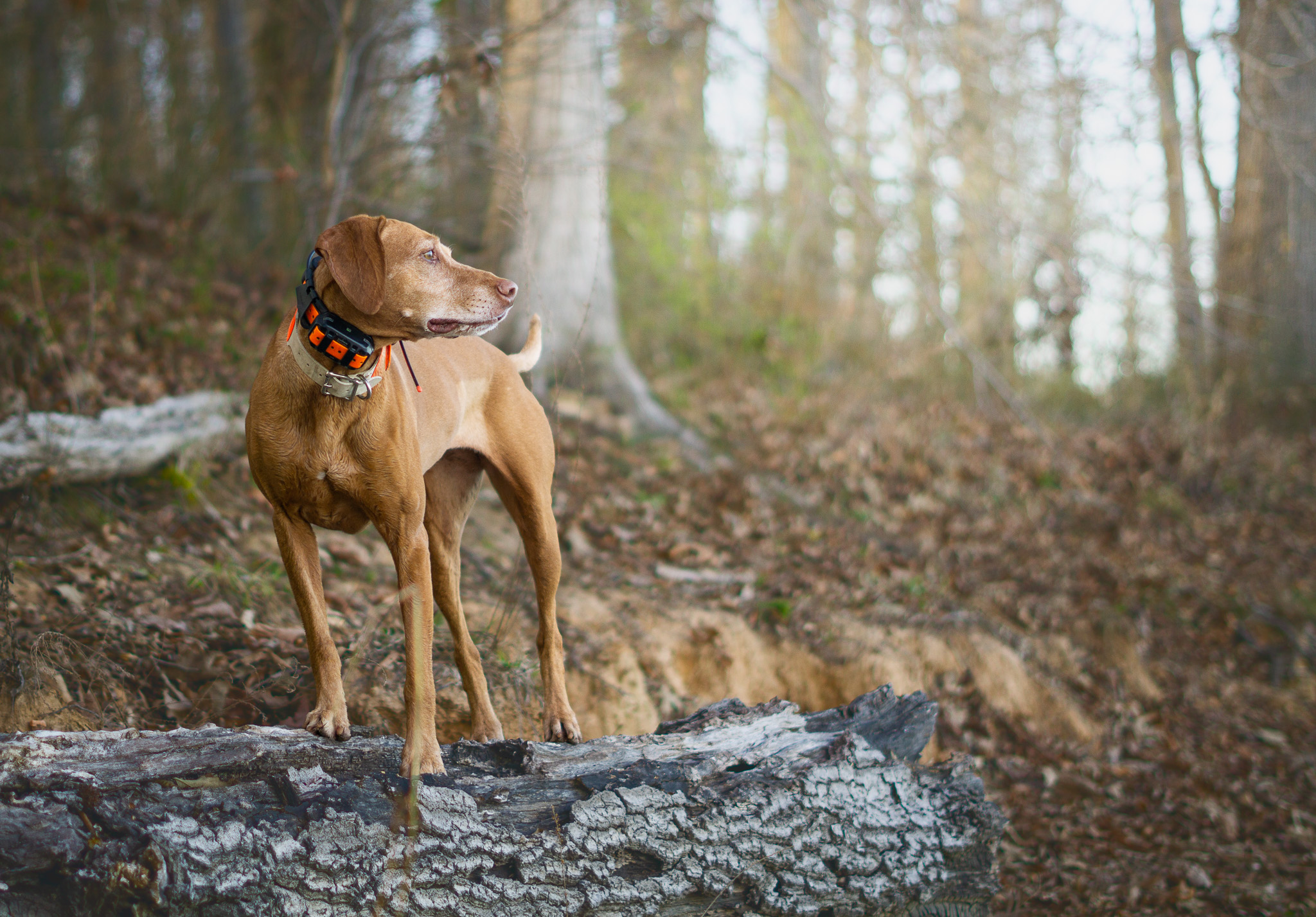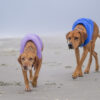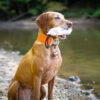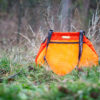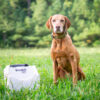The NAVHDA Aims, Programs, and Test Rules book defines “Desire to Work” in the following way:
The desire to work is the hallmark of a good versatile hunting dog, and this desire is expressed in every phase of work on land and water, from beginning to end. The dog must demonstrate that it wants to find game and is willing to work hard to that end….A dog with proper desire will manifest it as an attitude, a force, a compulsion as it were, and the dog’s work will reflect determination and a strong sense of purpose.
Desire overlaps with what can be called “drive.” I don’t want to nitpick between the two terms, so I’m going to stick with the NAVHDA definition for now.
Desire is something that is very important to me when I’m training or competing with my dogs. Having a dog that is willing to work and wants to be be a member of the team is not something I thought about before I got a dog. I was more focused on having a dog that was a fun companion and able to accompany me on runs or hikes.
But desire has become the key for me. The whole reason I got into this performance and bird dog world was because Zara had a strong desire to find birds and play the hunting game. Seeing her love for it made it fun for me, even though I hadn’t been interested in hunting or doing any sort of dog sports before.
A few years ago, I was at a hunt test with Zara. The grounds had a central hill surrounded by a valley of fields below. Each brace started at the top of the hill and the course wound around the area below. I stood on the hill watching a man with his weimaraner. The dog stood by his handler’s side, calmly waiting its turn. When their turn came, the man released the dog and it trotted down the hill, slowly sniffing some grasses, peeing, and then loping down the hill to catch up to its handler. I watched it with slight amusement and surprise.
When it was Zara’s turn, she did not stand calmly at the top of the hill. She yelped, pulled at the leash, and impatiently waited. When I let her go, she shot down the hill so fast that I had zero hope of keeping up with her.
Even though it was annoying and a bit stressful to stand there with a dog who was losing her mind, I realized later that I would rather have a dog like Zara than a dog like the weimaraner. Zara’s desire to go and work was so evident that day. On the other hand, I couldn’t tell if the weim was interested in hunting or not. He acted like it was any other day and him and his owner were out for stroll in nature. While I want to have control over my dog, I also love when a dog is clearly enjoying their job. That excitement is contagious.
Zara has always had the desire to train and work for food. We learned that early on when she was a young puppy and we went to a puppy obedience class that used clickers and treats to teach basic concepts. She also seemed to want to please us and do the right thing. Colombo, on the other hand, being a hound, was not as eager to work when he was a puppy. He seemed bored by training and was not very food-motivated.
Sometimes you have to build desire. I had to do this with Colombo so that he would be more willing to train for the show ring. In 2021, I spent a few months focusing on making the show training fun. I taught him a lot of different tricks, which he enjoyed. This put him in a positive mindset. When we went to distracting environments where in the past he would be unwilling to work or eat any food, I would first start asking for various tricks to get him focused. Now, when we practice at home, he has a strong desire to work for food. He’s not quite as enthusiastic out in the real world, but he’s MUCH better than he used to be.
I also had to build desire (and perhaps drive) for Zara to retrieve and to do a successful duck search. These did not come naturally and for a while, I thought that she was a lost cause and I wouldn’t be able to build desire for these things. But persistence paid off.
A short video of Colombo and I practicing for the show ring. To get him in the right mindset, I have him do a few tricks first (bow, high five) before we start stacking. He’s comfortable and eating the food, which is what I want. This was in a distracting area for him – outside next to a dog park with other dogs running around.
Desire to work is very important to me. With Zara, if there comes a time when it seems like she’s not having fun hunting or running in tests and trials, then we will stop.
Does your dog have a strong desire to work? Or did you have to build that desire? Leave me a comment below.
